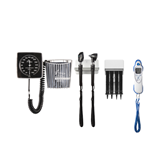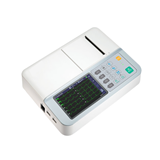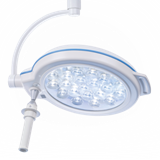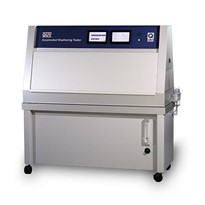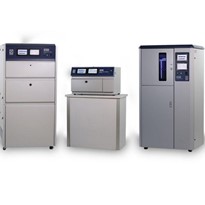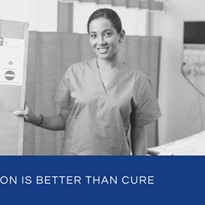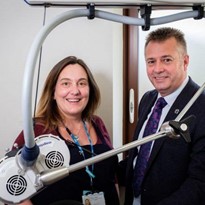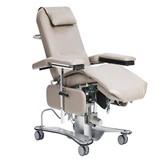Over the years, various approaches have been used, but most researchers now rely on natural exposure testing, a fluorescent UV apparatus (QUV), or a xenon arc apparatus (Q-Sun).
Weathering damage is typically caused by three factors: sunlight, heat, and water. Any of these factors can lead to degradation. Together, they often work synergistically to cause more damage than anyone factor alone. QUV and Q-SUN testers each reproduce sunlight, heat, and water in different ways.
While natural exposure testing is realistic, inexpensive, and easy to perform, it may take several years to see the results. This can be problematic for manufacturers who need to know if a new product formulation is truly an improvement. On the other hand, the Q-SUN and QUV are commonly used accelerated weathering testers, but they are based on different approaches. The xenon test chamber (Q-Sun) can replicate the entire range of sunlight, including ultraviolet (UV), visible light, and infrared (IR). It uses a xenon arc lamp with optical filters to mimic sunlight in the range of 295 nm to 800 nm. The QUV Accelerated Weathering Tester is designed to simulate the harmful effects of sunlight that occur between 300 nm and 400 nm without actually reproducing sunlight. It operates on the principle that short-wave UV rays cause the most damage to materials exposed to outdoor conditions over time.
Choosing the right weathering or light stability device can be confusing, particularly if you are new to this type of testing. However, there are general guidelines to follow. If you must adhere to a specific standard, the choice will be made for you as the standard itself will specify the type of testing. For instance, the QUV tester meets the requirements of ASTM G154, ISO 4892-3, and others, while the Q-SUN tester meets ASTM G155, ISO 4892-2, and others.
The QUV tester with UVA-340 lamps is better at simulating the effects of short-wave UV, which typically causes polymer degradation in the form of gloss loss, strength loss, yellowing, cracking, crazing, embrittlement, etc. Additionally, the QUV tester's fluorescent UV lamps are spectrally stable, enhancing reproducibility and repeatability. This tester is more effective at simulating the effects of outdoor moisture. The QUV also commonly uses UVB-313EL lamps. They typically cause faster degradation than UVA lamps, but for many materials, their short wavelength output below the solar cut-on can cause unrealistic results.
If you need to test products that are sensitive to long-wave UV and visible light, the Q-SUN chamber is the best option. It closely replicates sunlight in these spectrums and is highly recommended for products that undergo colour change due to exposure to these types of light. Compared to the QUV tester, the Q-SUN tester with Window Glass filters is also superior for testing indoor products. Additionally, it is highly effective in controlling humidity levels, making it ideal for testing materials that are sensitive to moisture, such as textiles and inks.
Deciding the best way to test depends on various factors, making it difficult to determine. The approach you choose should align with the product or material being tested, the intended use, the mode of degradation of concern, and your budgetary limits. Therefore, it is essential to consider these factors before selecting a tester.
In many cases, a two-tier testing program is the best approach because it covers all modes of polymer degradation. This involves using the QUV Accelerated Weathering Tester for physical property degradation and a Q-SUN Xenon Test Chamber for colour degradation. As the sole distributor of Q-Lab testers in Australia and New Zealand, Thermoline is proud to provide cost-effective testing solutions to manufacturers.



